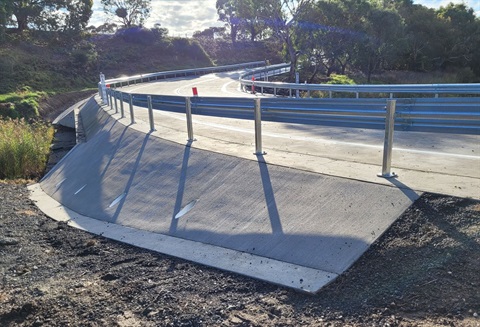Queensland’s arrangements for critically essential workers have been expanded, with disability care, aged care and telecommunications now declared critical industries.
Workers performing critically essential roles may continue to work if they are a close contact.
Additional testing requirements have also been added, to ensure close contacts who are working are regularly monitored for COVID-19.
Minister for Health and Ambulance Services Yvette D’Ath said Queensland was the first jurisdiction in the country to establish critically essential worker provisions, to help keep Queensland running.
“These changes mean more clarity for employees and employers on what a critically essential worker is, and what they are able to do,” Minister D’Ath said.
“A critically essential worker is only able to attend the workplace as a close contact to perform a critically essential role, when both employer and employee agree.
“The critically essential worker must have no symptoms of COVID-19, be fully vaccinated and provide a negative Rapid Antigen Test on their first day of work, prior to commencing work, and every second day thereafter while working, including the usual Day 6 test for close contacts.”
Employers must provide the rapid antigen test to the employee.
The definition of critically essential workers has been expanded to:
- included the beverage manufacturing industry
- include telecommunication and broadcasting services
- clarify that paid workers in disability care and aged care are critically essential.
Minister D’Ath said all categories of critically essential workers had been carefully considered, and were vital to keeping Queensland running.
“These measures keep Queenslanders safe, while also ensuring we can continue to keep our supermarkets stocked, power connected to our homes, and our hospitals available to provide free emergency health care to those that need it,” Minister D’Ath said.
“We have worked with stakeholders, including unions, to find the right balance of keeping Queensland running and keeping Queenslanders safe.”








